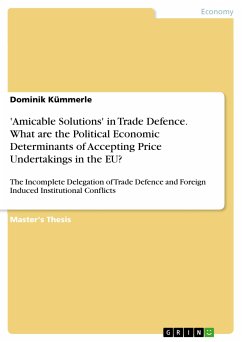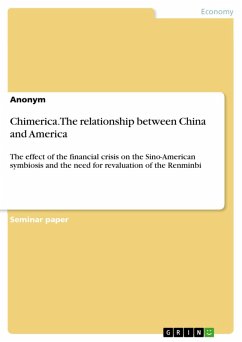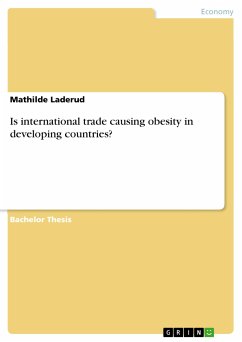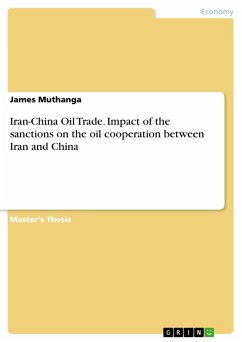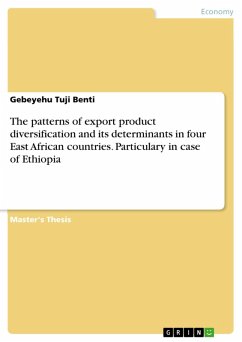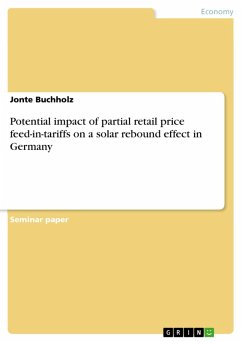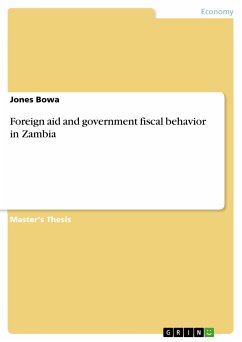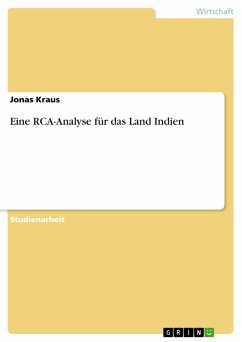Master's Thesis from the year 2015 in the subject Economics - Foreign Trade Theory, Trade Policy, grade: Distinction, London School of Economics (European Institute), language: English, abstract: When it comes to concluding a trade defence proceeding in the European Union (EU), the regulations allow for three alternative outcomes: (1) a termination without measures, (2) the imposition of a protective duty or (3) the acceptance of a price undertaking. Price undertakings are voluntary offers by foreign exporters to revise their prices so that the Commission is satisfied that the subsidization or dumping margin and their injurious effects are removed. Some welfare economists have concluded that 'a rational policy maker will always prefer duties' (Pauwels and Springael, 2002, 135). Thus, there is no rationale for price undertakings from an income maximization perspective. However, others have highlighted the role of price undertakings as a diplomatic tool in the EU's neighbourhood policy, which is powerfully evidenced by a sharp decline in the frequency of price undertakings after the EU's Eastern enlargement in 2004 (Appendix 1). Yet, a paradox persists: Out of fourteen price undertakings accepted between 2006 and 2015, only four accounted for countries in the EU's immediate neighbourhood. In contrast, price undertakings were accepted by ten countries that fell outside of Europe, with the BRIC countries accounting for nine, and China alone for five (Appendix 2). In response to this paradox, the paper reviews the following question: What are the political economic determinants of accepting price undertakings in the EU? I find the acceptance of price undertakings arises from an institutional conflict that can be foreign induced. In contrast to judicialized systems, an incomplete delegation of trade defence in the EU has led to a politicization of the trade defence proceeding. This is characterized through the empowerment of three veto-players: Community industry, Commission, and Council. Powerful foreign parties actively capitalize on the engagement of political actors and - in an effort to achieve a less harmful outcome than duties - influence the three veto-players. Eventually, price undertakings are accepted by the Commission, if only the Council signals to exert its veto-rights.
Dieser Download kann aus rechtlichen Gründen nur mit Rechnungsadresse in A, B, BG, CY, CZ, D, DK, EW, E, FIN, F, GR, HR, H, IRL, I, LT, L, LR, M, NL, PL, P, R, S, SLO, SK ausgeliefert werden.

